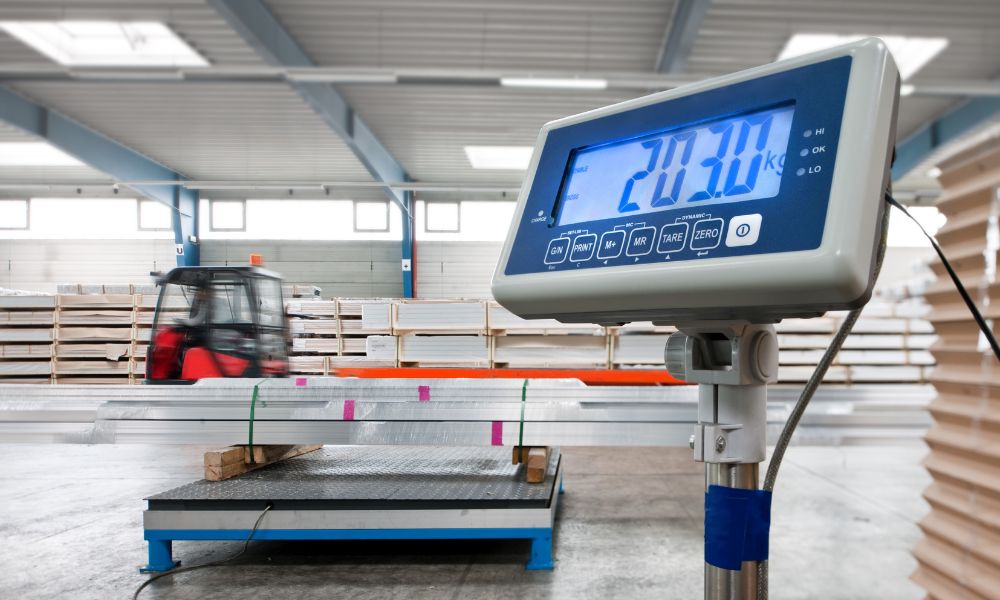
Industrial scales are crucial pieces of equipment for many businesses, often playing a critical role in operations, cost control, and quality assurance. Like any equipment, industrial scales have a specific lifespan, and there will inevitably come a point when it’s time to consider a replacement. These five signs you need to replace your industrial scale will give you the tools to accurately detect inefficiencies.
Consistent Inaccuracies
Your industrial scale should consistently provide accurate measurements no matter how many times you use it daily or weekly. If you start noticing persistent discrepancies between the scale reading and the actual weight, something isn’t right. Regular calibration can resolve minor issues, but continued inaccuracies may necessitate replacement.
Frequent Repairs
While occasional repairs are normal, frequent breakdowns and the need for ongoing repairs are signs that your scale is nearing the end of its lifespan. This could cause your business to have excessive downtime and fall behind with client’s requests. Repeated repair costs can quickly add up, making investing in a new scale more economical in the long run.
Outdated Technology
Like any other technology, scales quickly evolve to keep up with market trends and needs. If your scale doesn’t have the latest features, such as integration with your inventory management or point-of-sale system, it might be time to upgrade. Modern scales, such as a pallet jack with a weight scale, can offer improved functionality, efficiency, and accuracy.
Slowed Operational Efficiency
If your industrial scale is taking longer to provide readings, or the process to get a stable reading has become more complicated, it can seriously impact your operational efficiency. Slow readings can cause a bottleneck in your operation, affecting productivity and profitability. When every piece of equipment functions correctly, it will inevitably help your business surpass the competition.
Visible Wear and Tear
Physical indications of wear and tear are clear signs that you need to replace your industrial scale. This includes anything from rust and corrosion to complicated pieces to replace, like load cell and platform cracks. These issues can affect the scale’s ability to deliver accurate readings and operate efficiently, directly affecting your business.
In conclusion, it’s essential to regularly assess your industrial scale’s performance and condition. Keeping an eye out for these five signs will help ensure your scale remains reliable, efficient, and cost-effective.
Don’t wait until your scale breaks down completely to get a replacement; stay ahead of potential problems by paying attention to these signs. Call us today to learn more about our cutting-edge industrial-scale options. We’re here to help you maintain operational efficiency and accuracy in your business.